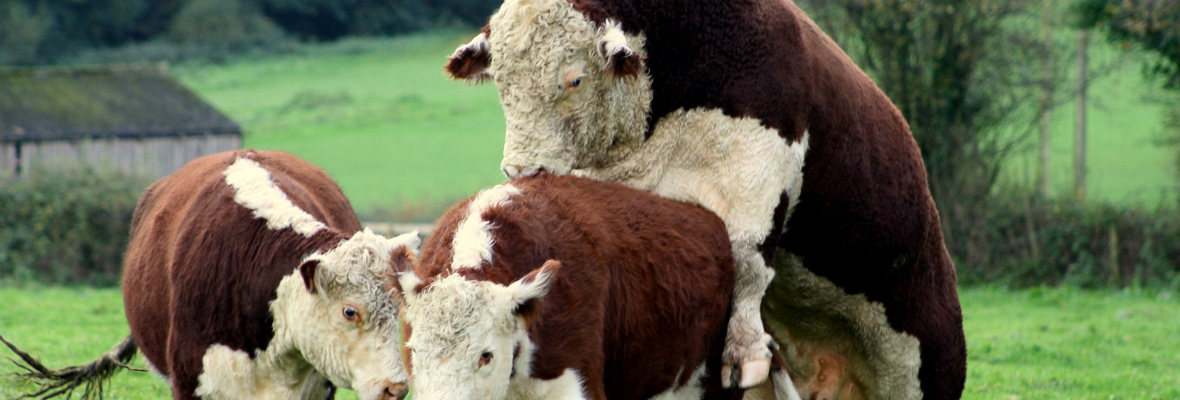
While much attention is given to the health and fertility of cows, the breeding bull is equally crucial in minimising the empty rate in the dairy herd. Thinking of the seasons where you have had unexplained poor heifer in-calf rates or a high empty rate following a good 6-week in-calf rate, it is more than possible that your bulls have failed you. This is where bull soundness testing becomes an important management tool.
What is Bull Soundness Testing?
Bull soundness testing is an evaluation of a bull’s physical health, reproductive capability, and semen quality. The test may include:
When should you test your bulls?
We recommend you do bull soundness testing annually, prior to mating. We find that, in regularly tested bulls, around 10% will drop in fertility from season to season for various reasons. For yearlings, or bulls who have not been screened prior, approximately 20% may be found to be sub-fertile, depending on how well fed and healthy they have been prior.
Why test?
Even though we often put out surplus bulls in the dairy herd and with our heifers, if you have one dominant bull who is infertile, he can have a significant impact on mating outcomes.
Where you have synchronised cows or heifers at the start of mating, bulls will need to be of a high fertility to ensure all returns are successfully covered.
What do I need for the soundness test using electroejaculation?
Summary
Investing time and resources into bull soundness testing can significantly impact the reproductive success and profitability of your dairy operation. By ensuring your bulls are healthy and fertile, you support a robust and productive herd for years to come.
For more information on bull soundness testing, please contact your local Vetlife clinic.